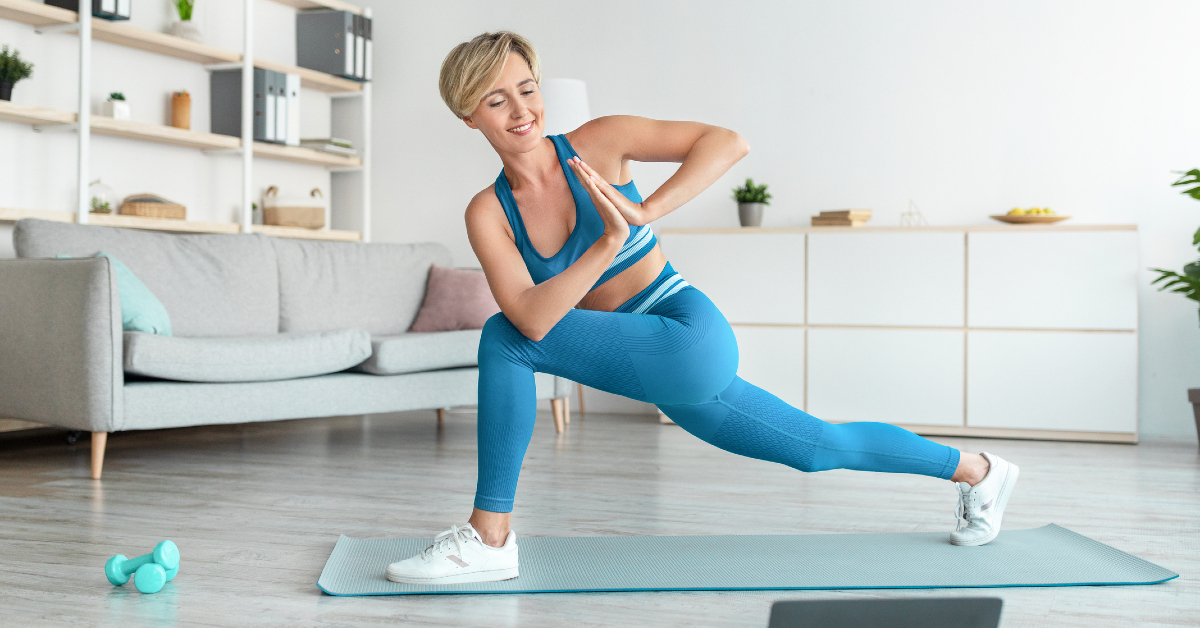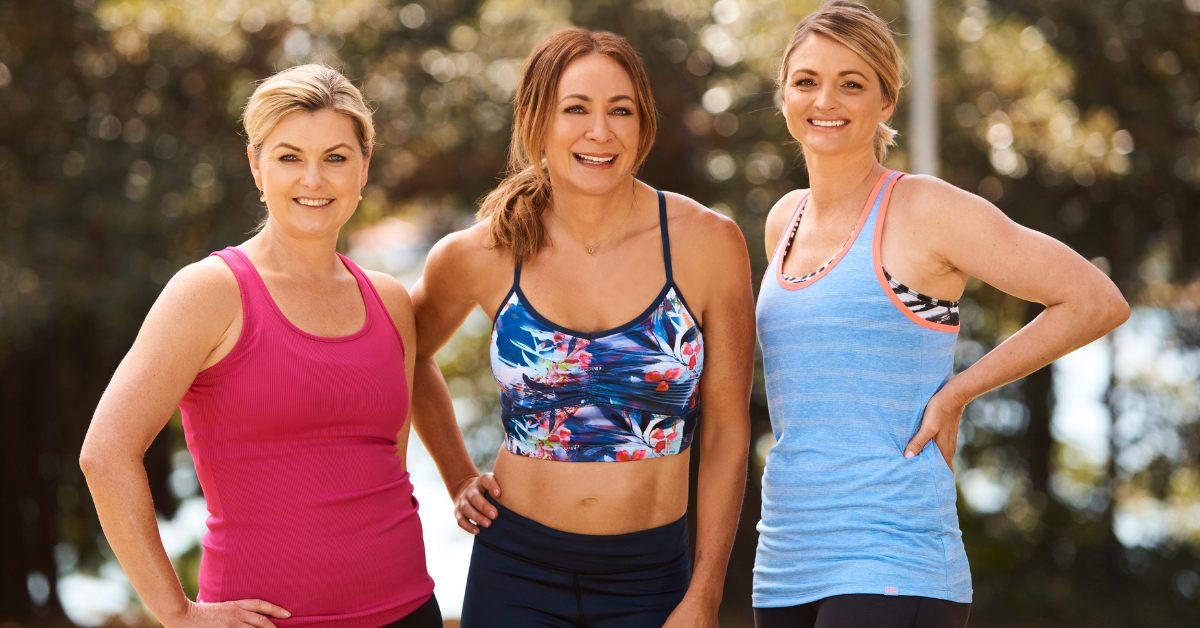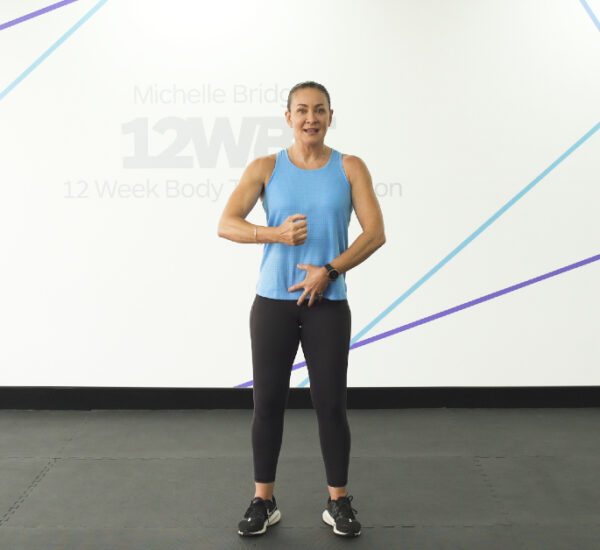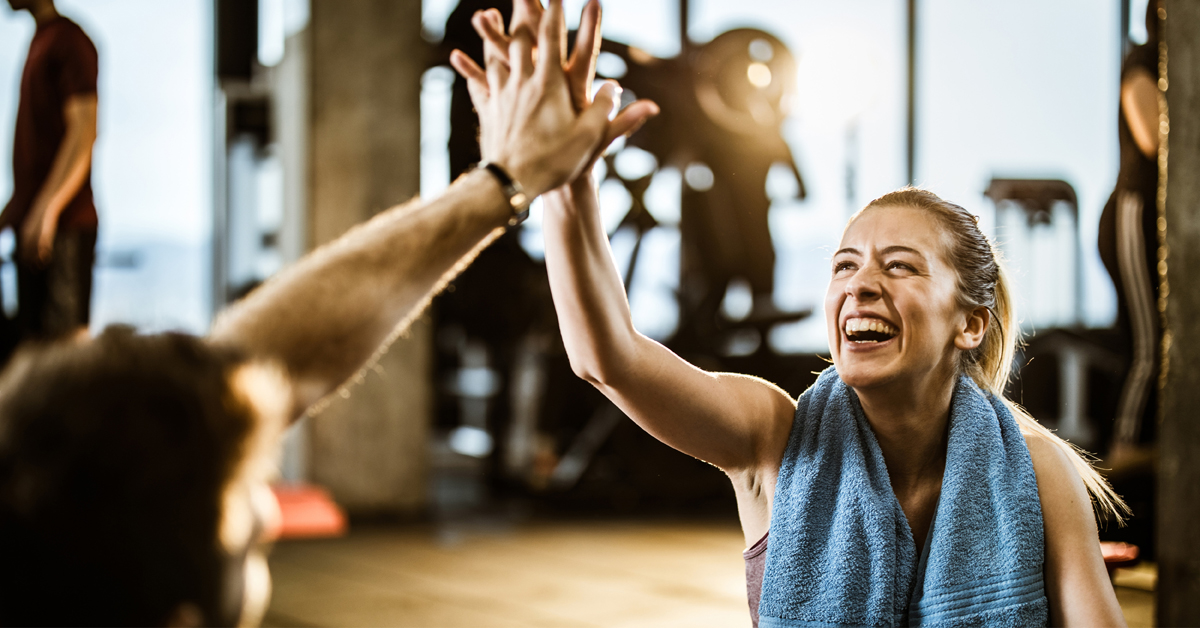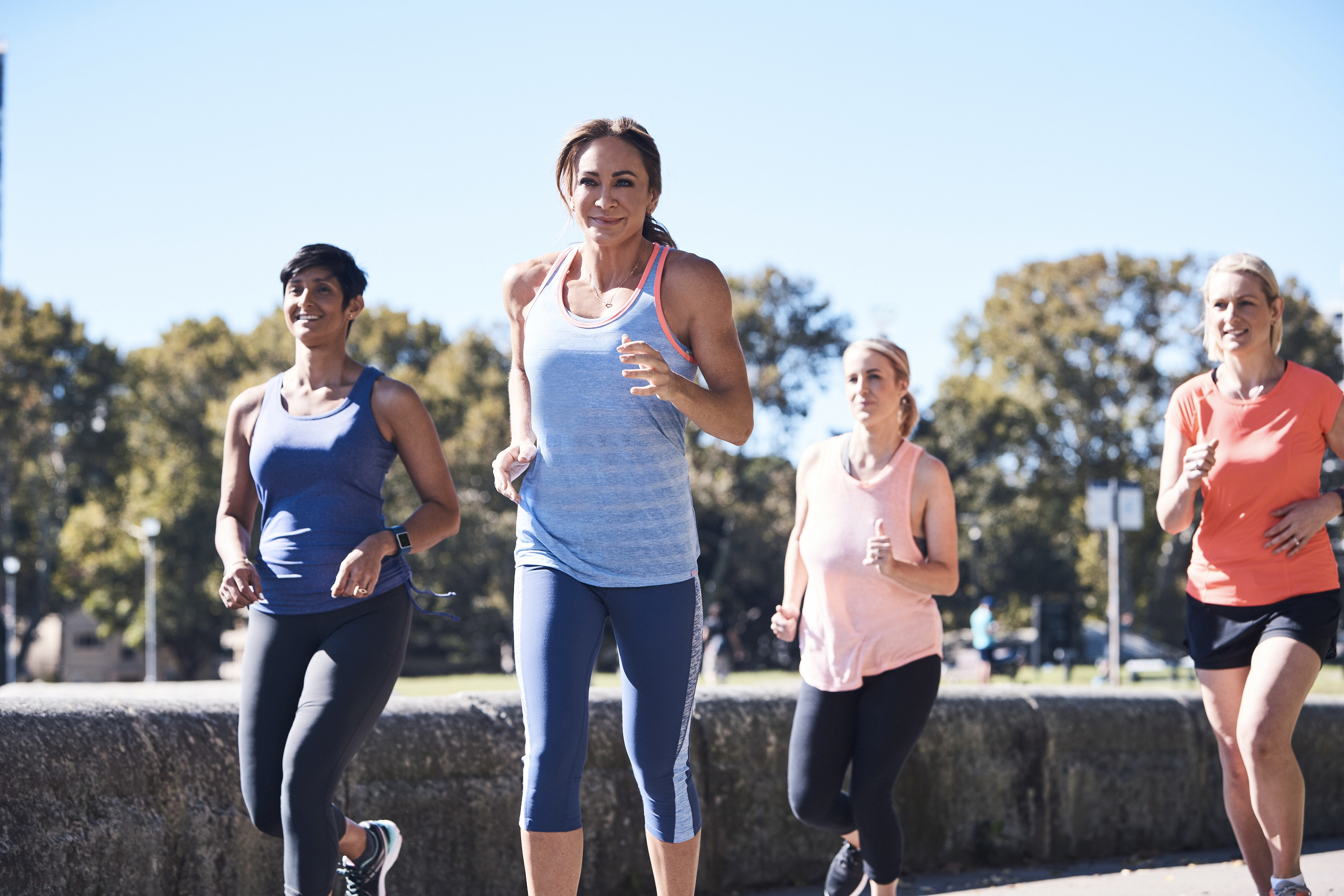Reviewed by: Tim Pittorino, BHSC
There’s a lot of buzz lately in certain health and fitness circles regarding the effects that your period cycle has on your capability to exercise. Of course, it is fair to assume that as your body goes through different stages of your cycle, you will feel differently, but how exactly does that affect working out?
Should I workout if I’m on my period?
Yes! In terms of core ability to even perform cardio or resistance training, there is no study to suggest that there is any correlation between the menstrual cycle and an inability to exercise. In fact, many women find that exercising whilst on their period helps with symptoms such as cramps and bloating.
Does having my period affect my capabilities and performance
Pro Tennis athlete Heather Watson, when defeated in the first round of the Australian Open attributed her performance to dizziness, nausea and fatigue which came as a result of “girl things.” Is there any truth in this?
Well if you break down your cycle week by week, and look at the flow of hormones. You will be able to see what trends your body goes through.
Week 1: The first day of your period is when your oestrogen and progesterone levels are at their lowest, which means it may be easier for you to work out.
Week 2: As your oestrogen levels begin to rise in prep for ovulation, your energy levels will begin to go up, great time to workout. Women tend to be stronger during the follicular phase when the estradiol to progesterone ratio is high. After ovulation, right about when the ratio reverses, strength levels decrease until the ratio becomes positive again. So your heaviest strength sessions are best received in these first 2 weeks.
Week 3: Peak week of ovulation, so oestrogen levels are at their highest. Straight after ovulation is when you may begin to feel like you don’t have that energy burst for morning exercise because oestrogen levels are falling and progesterone levels are rising. As your body prepares for a potential pregnancy in the 2nd part of your cycle. You may find you don’t have your usual endurance energy or hit your maximum strength lifts.
Week 4: The week before your period is when you may feel the least amount of energy as both oestrogen and progesterone levels are falling. Be kind to your body during this time.
Does birth control change the results
No, being on hormonal birth control, including the pill, patch, or vaginal coil will not prevent your energy levels going up and down. But, the symptoms may be a lot less noticeable.
What should I do about this?
Firstly, everybody is different. Monitor your energy levels in tune with your cycle by keeping a fitness journal. Track your menstrual cycle and map it with your energy levels. This way you’ll be able to have transparency on when you have more or less energy during your cycle. In doing so, you will be able to plan appropriate exercises during those peaks and troughs.
Take away
If you’re a woman with fluctuating hormone levels during the menstrual cycle, planning most of your workouts in the follicular phase which is usually the first 14 days (of a 28 day cycle) after the start of menstrual cycle can significantly increase strength development and muscle growth. It is important to be kind to your body and understand that your body goes through different levels of hormone changes. Keep working out as it will help, but understand your cycle and what time of day works best for you in terms of your energy and hormone flow each week of your cycle.

